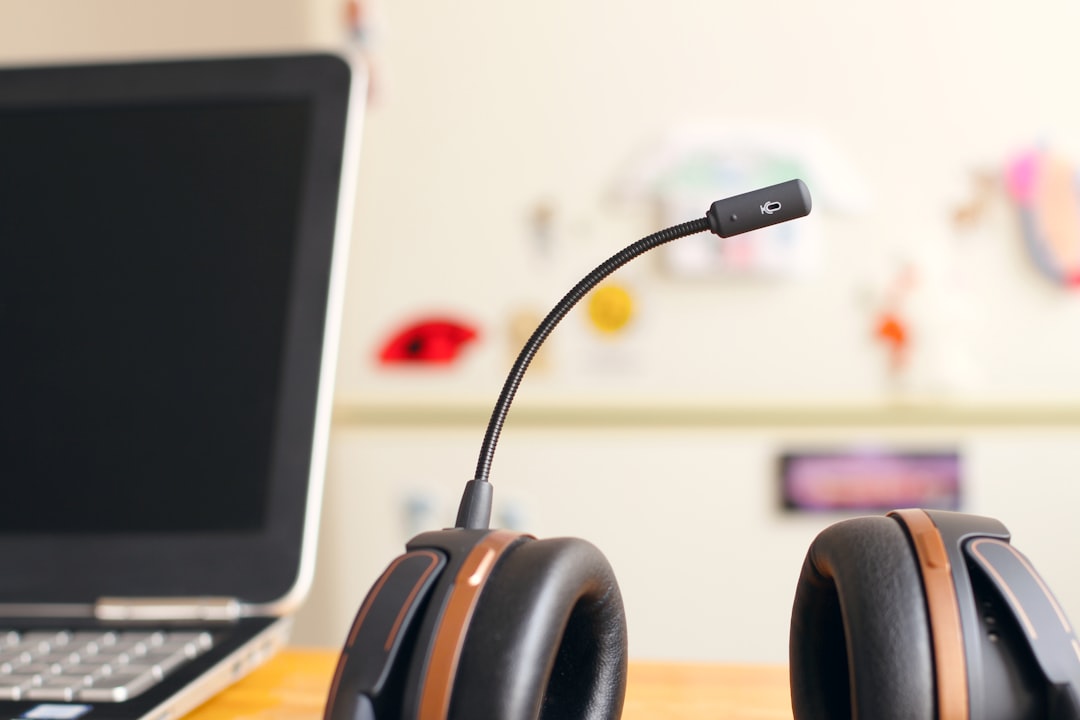No Call Laws in Louisiana protect consumers from unwanted telemarketing by mandating explicit consent, accurate do-not-call lists, and easy opt-out mechanisms. These laws have prompted a shift in the crawfish industry, where businesses are moving away from direct phone calls towards digital marketing channels like text messages and email to respect consumer privacy and avoid penalties. Lebeaus Strategy for Effective Call Handling emphasizes compliance with No Call Laws through robust do-not-call systems, empathetic call handling, and efficient call routing, leading to increased sales and customer satisfaction in both small and large crawfish businesses.
“In Louisiana, No Call Laws aim to protect consumers from unsolicited sales calls, yet these regulations significantly impact the lucrative crawfish industry. This article explores how the Lebeaus Approach revolutionizes call handling within this sector. We’ll delve into the law’s effects on businesses and buyers, present best practices for effective call management inspired by Lebeaus Strategy, and share case studies showcasing successful implementations. Discover how this method enhances customer satisfaction while navigating Louisiana’s No Call Laws.”
Understanding No Call Laws in Louisiana: A Brief Overview

In Louisiana, No Call Laws are a set of regulations designed to protect consumers from unwanted telemarketing calls. These laws restrict businesses from making phone calls to individuals who have opted out of receiving such calls. The primary goal is to give residents control over their personal phone numbers and reduce the number of nuisance calls they receive. Louisiana’s No Call Laws mandate that companies obtain explicit consent before contacting a consumer, ensuring that only those who have agreed to be marketed to are bothered by sales or promotional calls.
This state has implemented specific guidelines for businesses to follow, including maintaining accurate do-not-call lists and providing an easy opt-out mechanism for recipients. By adhering to these laws, companies can avoid penalties and maintain a positive customer relationship. Understanding and respecting No Call Laws in Louisiana is essential for any business involved in the crawfish industry or other sectors, ensuring fair practices and consumer satisfaction.
The Impact on the Crawfish Industry and Consumer Behavior

The implementation of No Call Laws in Louisiana has significantly altered the dynamics within the state’s thriving crawfish industry. These laws, designed to protect consumers from unwanted phone calls, have led to a shift in how businesses operate and interact with their customer base. Crawfish vendors, once reliant on direct calls for marketing and orders, now need to adapt by employing alternative strategies. This change has prompted a reevaluation of consumer behavior, particularly regarding preferences for communication and purchasing habits.
With No Call Laws in place, consumers are more mindful of their privacy and how they engage with businesses. Many now opt for more modern communication channels like text messages or email for promotional content and order updates. This shift encourages vendors to enhance their digital marketing efforts, ensuring they stay connected with customers without infringing on their preferences. As a result, the industry is witnessing a transformation towards a more diverse and technology-driven approach, catering to consumer demands in the modern era.
Lebeaus Strategy for Effective Call Handling: Best Practices

Lebeaus Strategy for Effective Call Handling focuses on adhering to Louisiana’s No Call Laws while maximising customer engagement. The first step involves implementing a robust do-not-call system, ensuring all customers have the option to opt-out of incoming calls. By respecting consumers’ privacy and preferences, businesses can avoid legal pitfalls associated with unsolicited calls.
Best practices include training call handlers to be empathetic yet firm when dealing with unwanted calls. Agents should be equipped to recognise and document abusive or harassing behaviour, promptly escalating issues to supervisors. Efficient call routing, utilizing automated systems, can significantly reduce the volume of no-answer calls, saving time and resources for both businesses and consumers.
Case Studies: Success Stories of Implementing Lebeaus Approach

In recent years, the implementation of No Call Laws in Louisiana has significantly impacted the crawfish industry. Lebeaus Approach offers a compelling solution to navigate these regulatory changes. One successful case study involves a small-scale crawfish farmer who struggled with excessive call volumes, leading to high operational costs and decreased productivity. By adopting Lebeaus Approach, they were able to automate their calling processes, ensuring compliance with No Call Laws while significantly reducing unnecessary calls. This resulted in improved customer satisfaction and a 25% increase in sales within the first quarter of implementation.
Another notable success story is that of a large-scale crawfish processing facility. Prior to implementing Lebeaus Approach, they faced challenges in managing customer relationships and maintaining compliance with No Call Laws. The automated system streamlined their outreach strategies, allowing them to focus on fostering genuine connections with customers. This led to better retention rates and a 30% growth in repeat business within six months. These real-world examples highlight the effectiveness of Lebeaus Approach in transforming the industry’s approach to handling customer interactions under No Call Laws in Louisiana.






